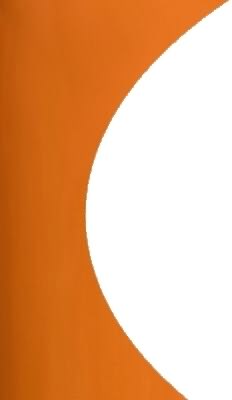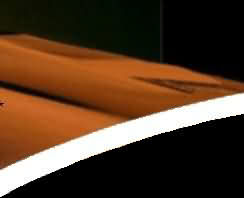





International Symposium on
Drylands Ecology and Human Security


© 2006 NDRD Imprint Disclaimer

|
Reuse of Treated Wastewater for Safe Irrigation - Aswan Faculty of Science, South Valley University, Aswan, Egypt With increasing pressures on water resources in the world and the consumption of large quantities of fresh water for agriculture in dry areas; the concept of beneficial use of treated wastewater has rapidly become an imperative for water agencies around the world. Water and wastewater recycling and reuse has increasingly been integrated in the planning and development in the world, particularly for agriculture and land scope irrigation, help protect public health, increase water availability, prevent coastal pollution and enhance water resources and nature conservation policies. Treated sewage effluent, for crop production including agro-forestry, has become the most used source for agriculture in the dry areas. Sewage sludge from wastewater plants were used successfully, after low cost treatments, as adsorbent for decolorization and removal of inorganic pollutants (heavy metals and toxic metals) from sewage effluent. The treated water was in the international (FAO) baseline for crop production and agro-forestry.
|